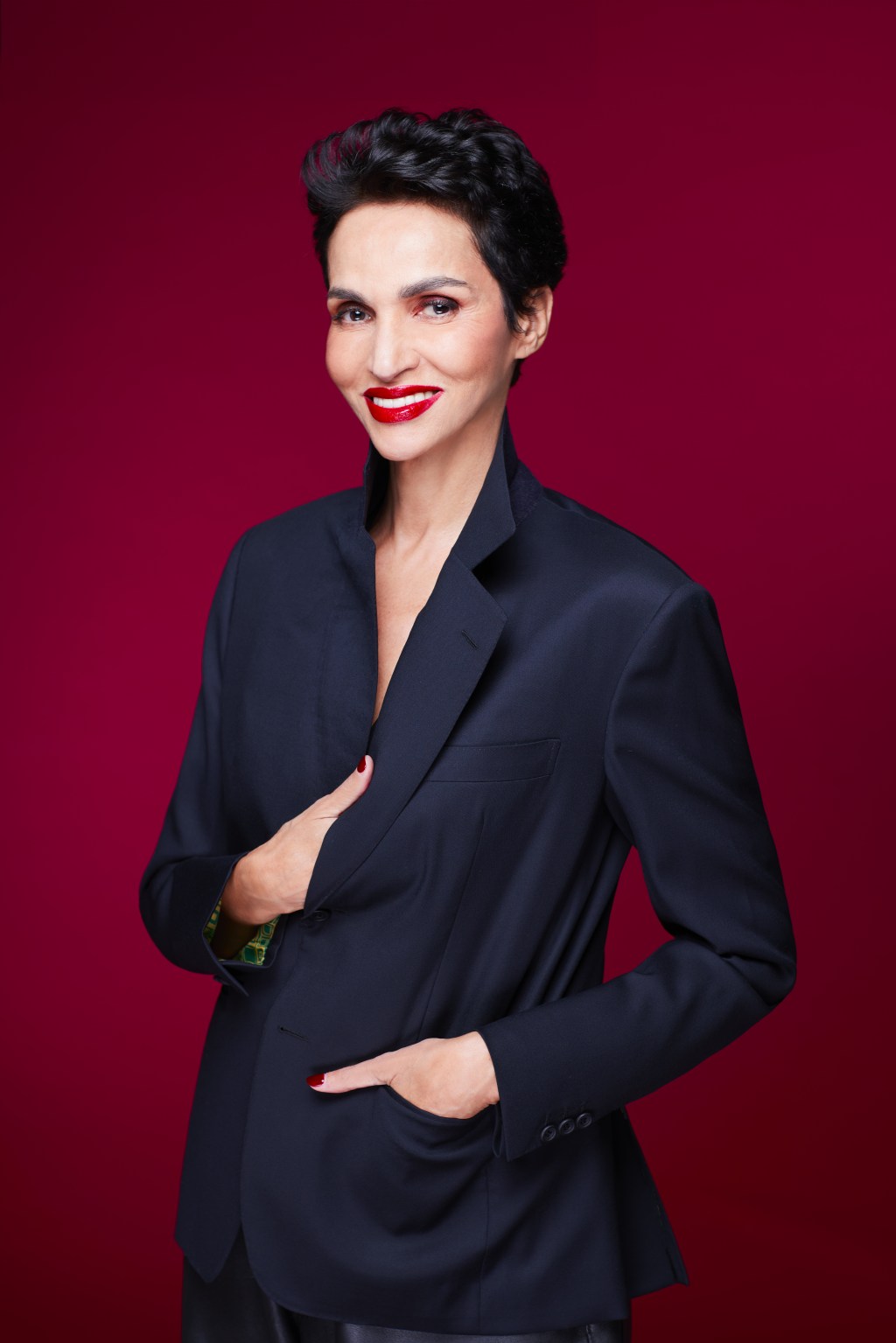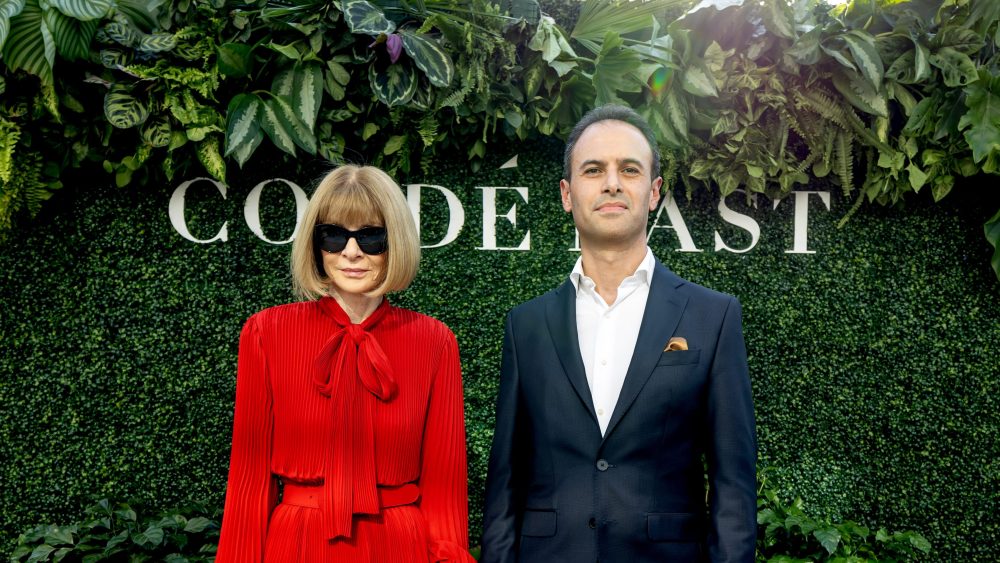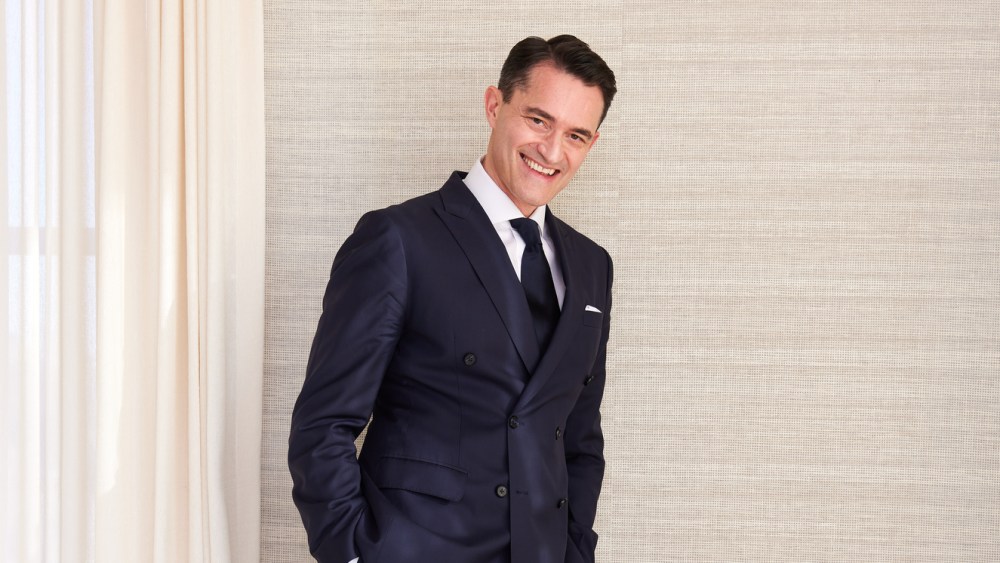PARIS — It’s a long way from the working-class suburb of Les Minguettes to the Jean Paul Gaultier runway.
For the first time, model-turned-director Farida Khelfa reveals how rocky that road was in “Une enfance française” (“A French Childhood” in English), her first book published in French on Wednesday by Albin Michel.
It is an autobiographic retelling she never thought she would undertake, she told WWD ahead of the release of the volume, which is also being translated into English.
“I thought I would die with this story — my story — but as the words came to my fingertips almost subconsciously, it felt like it was meant to be told and I let the story carry me,” Khelfa said.
Bookending the narration are the death of her mother in August 2022 and that of her father years before. What follows is a no-holds-barred account of her Algerian parents’ arrival in France, the birth of their nine children, and the Khelfa siblings’ traumatic upbringing, which saw them endure child abuse and incest.
Eventually, a teenaged Khelfa escaped to Paris, where she worked the door of the legendary nightclub Les Bains Douches. But even as she became Azzedine Alaïa’s muse and one of the first prominent models of ethnic origin in the ’80s by walking for Gaultier, she continued to deal with the repercussions of her early life.

It took her a year to pen this painful account in a compulsive process that saw “words tumble out as they came and came and came” after she returned to work following her mother’s 2022 funeral.
Until now, she’d been reluctant to reveal details of her early life as she feared it would change people’s view of her. “I wanted to be triumphant, not a victim of my childhood,” Khelfa said.
“I was very lucky in my adult life and recognize that I have a charmed life today,” she continued.
She is married to entrepreneur Henri Seydoux, the father of actress Léa Seydoux with whom Khelfa shares two children, and was a witness at the wedding of French President Nicolas Sarkozy and model and singer Carla Bruni. “But it can all disappear in an instant. Nothing is certain so I try to enjoy every moment.”
She felt the need to bare the truth, first and foremost for herself but also for those of her siblings who “were not able to live,” she continued.
The title reflects Khelfa’s upbringing in France and its education system but also highlights how this contrasted with her family’s Algerian culture and traditions at home, she explained.
She credits literature and, in particular, the works of Caribbean psychiatrist and philosopher Frantz Fanon for helping her to understand her parents, her own journey but also the impact left by being colonized and later, immigrants.
“That’s why books are so important. They say things about you,” she said, although she is adamant that understanding did not lead to forgiveness, given the nature of the acts chronicled in the book.
Equally central to her story is the notion of “mektoub,” an Arabic expression that translates to “it was written” and a notion she found poetic while choosing not to fall prey to it.
“It implies there’s nothing to be done about it, no way to resist but yes, you can,” she said. “You can change your life, your trajectory. You don’t have to be a victim. There’s always a chance, a moment of opportunity but we are often not in a position to see it.”



